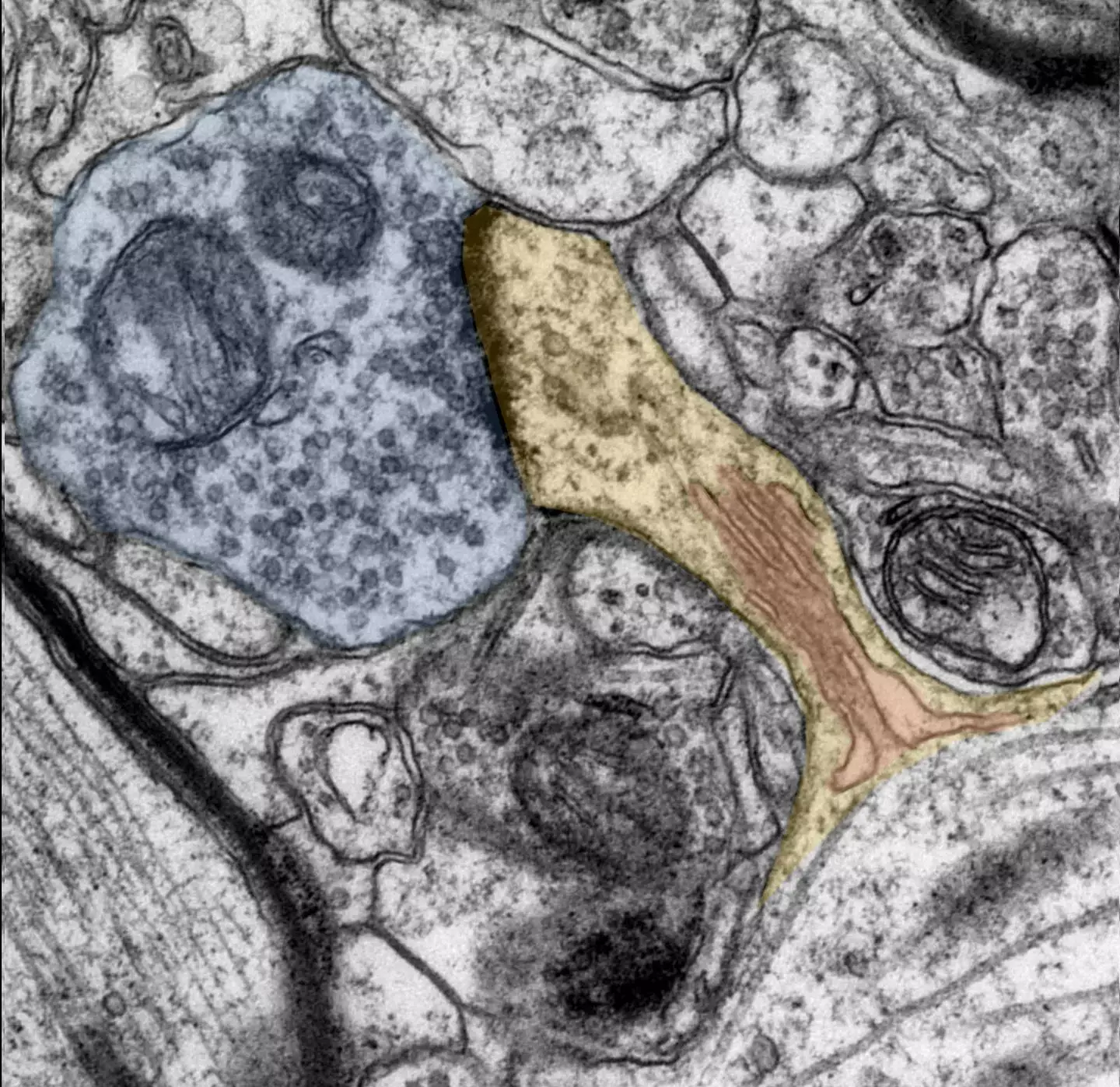- Home
- Medical news & Guidelines
- Anesthesiology
- Cardiology and CTVS
- Critical Care
- Dentistry
- Dermatology
- Diabetes and Endocrinology
- ENT
- Gastroenterology
- Medicine
- Nephrology
- Neurology
- Obstretics-Gynaecology
- Oncology
- Ophthalmology
- Orthopaedics
- Pediatrics-Neonatology
- Psychiatry
- Pulmonology
- Radiology
- Surgery
- Urology
- Laboratory Medicine
- Diet
- Nursing
- Paramedical
- Physiotherapy
- Health news
- Fact Check
- Bone Health Fact Check
- Brain Health Fact Check
- Cancer Related Fact Check
- Child Care Fact Check
- Dental and oral health fact check
- Diabetes and metabolic health fact check
- Diet and Nutrition Fact Check
- Eye and ENT Care Fact Check
- Fitness fact check
- Gut health fact check
- Heart health fact check
- Kidney health fact check
- Medical education fact check
- Men's health fact check
- Respiratory fact check
- Skin and hair care fact check
- Vaccine and Immunization fact check
- Women's health fact check
- AYUSH
- State News
- Andaman and Nicobar Islands
- Andhra Pradesh
- Arunachal Pradesh
- Assam
- Bihar
- Chandigarh
- Chattisgarh
- Dadra and Nagar Haveli
- Daman and Diu
- Delhi
- Goa
- Gujarat
- Haryana
- Himachal Pradesh
- Jammu & Kashmir
- Jharkhand
- Karnataka
- Kerala
- Ladakh
- Lakshadweep
- Madhya Pradesh
- Maharashtra
- Manipur
- Meghalaya
- Mizoram
- Nagaland
- Odisha
- Puducherry
- Punjab
- Rajasthan
- Sikkim
- Tamil Nadu
- Telangana
- Tripura
- Uttar Pradesh
- Uttrakhand
- West Bengal
- Medical Education
- Industry
Levamisole prevents serious adverse events in loiasis patients with high Micro Filarial Densities

Using electron microscopy images, the researchers visualize the dendritic spines (yellow) with their spine apparatus (red) and the synapse terminal buttons (blue).
CREDIT
Source: Andreas Vlachos
Individuals with high Loa loa micro filarial densities (MFD) are at risk of serious adverse events (SAEs) after Ivermectin treatment. Pretreatment with drugs that gradually reduce Loa MFD below the risk threshold may aid in the prevention of these SAEs. A new study shows that a single 2.5 mg/kg dose of levamisole results in a promising transient reduction in Loa loa MFD.
This study was conducted by Jérémy T Campillo and team with the objective to evaluate the safety and efficacy of levamisole. The findings of this study were published in Infectious Diseases Society of America on 15th October, 2021.
In the Republic of the Congo, a double-blind, randomized, placebo-controlled MFD-ascending trial was conducted. The participants were divided into three groups based on their pretreatment MFD and levamisole dose (Cohort 1: 1.0 kg and 1.5 mg/kg, Cohorts 2 and 3: 2.5 mg/kg). The first week's safety outcomes were the occurrence of SAE and the frequency of AE. MFD reduction from baseline and proportions of individuals with at least 40% and 80% MFD reduction at day 2 (D2), D7, and D30 were the efficacy outcomes.
The recommended treatment dose for soil-transmitted helminthiases (2.5 mg/kg) resulted in a significant mean decrease in Loa MFD two days after treatment, with 17.5%, 11.8%, and 18.5% of the population in the LEV-2.5 arm showing a >40% decrease in their MFD at D2, D7, and D30, respectively. The greatest mean reduction in Loa MFD appears to occur about two days after LEV ingestion. It is then followed by a slight mean increase in MFD between D2 and D7, and a more pronounced mean increase between D7 and D30. Even in the placebo arm, changes in MFD over the follow-up period varied significantly between individuals. This variation has previously been described in other trials.
The researchers concluded that a single 2.5 mg/kg levamisole dose induces a promising transient reduction in Loa loa MFD.
The findings of this trial are encouraging because they point to a possible effect of LEV on Loa MFD at a well-tolerated dose. Other trials with higher doses or repeated doses over several days are needed, however, to determine the most effective administration scheme as an alternative individual treatment for subjects with high Loa MFD and as a pre-treatment before Ivermectin administration.
Reference:
Campillo, J. T., Bikita, P., Hemilembolo, M., Louya, F., Missamou, F., Pion, S. D. S., Boussinesq, M., & Chesnais, C. B. (2021). Safety and efficacy of levamisole in loiasis: a randomized, placebo-controlled, double-blind clinical trial. In Clinical Infectious Diseases. Oxford University Press (OUP). https://doi.org/10.1093/cid/ciab906
Medical Dialogues consists of a team of passionate medical/scientific writers, led by doctors and healthcare researchers. Our team efforts to bring you updated and timely news about the important happenings of the medical and healthcare sector. Our editorial team can be reached at editorial@medicaldialogues.in.
Dr Kamal Kant Kohli-MBBS, DTCD- a chest specialist with more than 30 years of practice and a flair for writing clinical articles, Dr Kamal Kant Kohli joined Medical Dialogues as a Chief Editor of Medical News. Besides writing articles, as an editor, he proofreads and verifies all the medical content published on Medical Dialogues including those coming from journals, studies,medical conferences,guidelines etc. Email: drkohli@medicaldialogues.in. Contact no. 011-43720751


